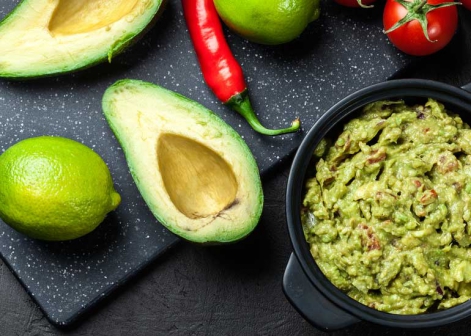×
The Standard e-Paper
Smart Minds Choose Us

Avocados, the soft, green superfood may be falling out of favour with some restaurants in Britain as they move to ban them from menus, amid environmental and land concerns.